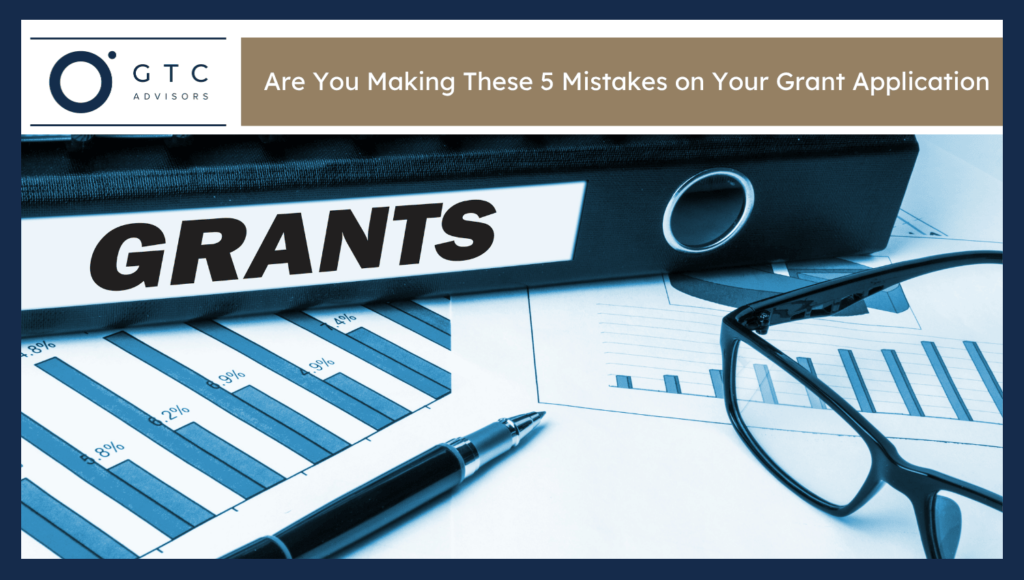Skimming the guidelines, setting an unrealistic budget, a weak statement of need, copy-paste templates, and vague promises lead to rejection of the grant application. These five mistakes are common when writing a grant application on your own. Make sure to understand the funder’s priorities, area of rejection, and stick to the guidelines. Add relevant statistics for credibility and to strengthen the proposal. Use charts and diagrams to make the proposal engaging. Maintain the professional and persuasive tone. There is no need ot hire a grant writer for micro-grants. Consider hiring them when applying for larger grants, as they require proper documentation and attention to detail.
Are You Skimming the Grant Guidelines Instead of Reading Them Carefully?
Skipping important grant guidelines leads to rejection of the application. People often miss the eligibility criteria, which leads to instant disqualification. Don’t ignore the formatting guidelines, as they leave a first impression about the organization’s discipline. Skimming guidelines quickly increases the chances of leaving key details and requirements behind. Understand the funder’s properties and align the project with their previous funding. Create a checklist of all the requirements and make sure to verify them twice when writing the proposal.
Is Your Problem Statement Too Weak or Vague to Convince Reviewers?
Use relevant statistics and case studies to solidify the problem statement. Convince the funders why this problem needs to be addressed. How does it impact society, and what are the outcomes? The problem statement breaks or makes the grant application. It affects the funder’s decision and makes sure to persuade them with relevant and credible answers. Gather data from previous projects in the same industry and share how they relate to this project. Avoid making vague or unrealistic promises in the statement. Set clear SMART goals and share the roadmap to achieve them with funders. It enhances trust and builds the authority of the organization.
Is Your Budget Unrealistic or Not Aligned With Your Project Plan?
Unrealistic and poor budget calculation often leads to rejection of the grant application. Misaligned budget fails to connect with funders and leaves a poor impression. Make sure to provide an authentic budgeting plan to build trust. Calculate the cost and match it with the grant narrative. Share a budgeting plan within the funded amount, and don’t try to overspend or underestimate anything. Grant is not free money, and the organization is accountable for every penny spent to the funding organization. Misusing funds leads to legal penalties and a ban on applying for the next grants.
Are You Using Generic or Copy-Paste Proposals for Every Grant?
Everyone uses generic and copy-paste proposals from Google for grant writing. Funders receive tons of applications with the same tone, words, and statistics. Copy-paste proposals flag the organization’s lack of discipline and irresponsibility. Make sure to personalize the proposals according to funder priorities and guidelines. Write the funder’s name and link the project with any previously funded projects. Share details in a natural tone and avoid sounding like everyone else.
Are You Failing to Show Capacity and Long-Term Impact Clearly?
Write about the team’s expertise, past successful case studies, and partnerships to build trust with funders. They don’t fund organizations with poor capacity to run the project. Share the measurable positive outcomes and collaboration for authority. Funders assess organizations on the basis of their fund management abilities. Discuss the long-term plans for funds and how the project is going to work when the funds end. List the other sources to get funds, collaborations, and partnerships to create an impact.
Are You Avoiding These 5 Mistakes?
Verify the proposal with a pre-created checklist to see if these mistakes are there. Make sure the proposal matches the funder’s goals, and add data to support the statement of need. Create a clear budgeting plan and avoid pasting the exact template proposals from the internet. Share information about the sustainability of the project to build trust.

George C. Tagg, Jr.
George serves as a trusted counsel to business leaders, non-profit executives, and management teams. George is a licensed attorney with a master’s in international affairs and over 20 years’ experience in the U.S. Congress, Department of State, Department of Defense, global public policy, and political campaigns.


